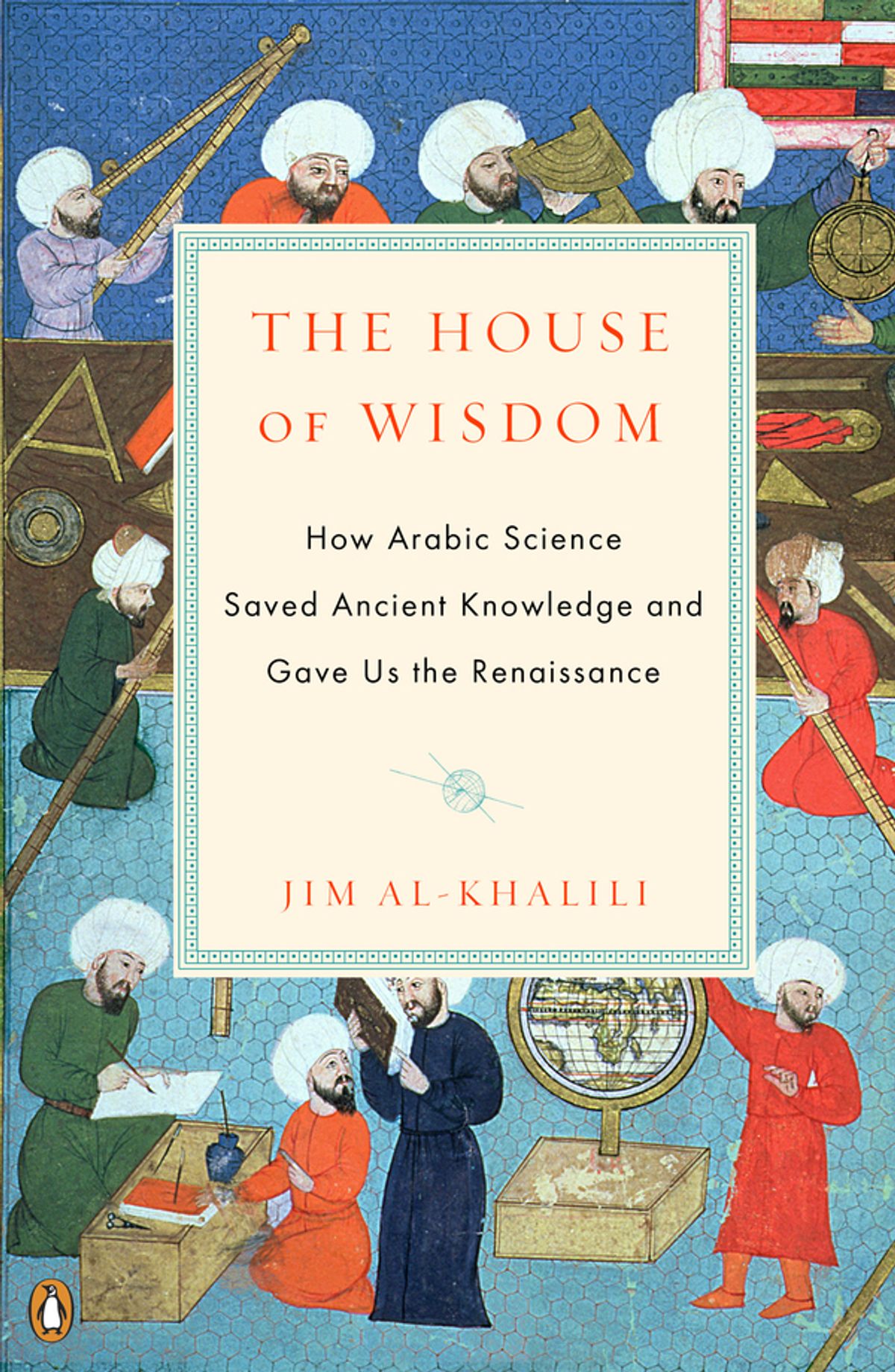
The book “The House of Wisdom” provides compelling arguments along with rich historical records on the role of Islam in the development of science. It is great reading for those who want to understand the historical interplay between Islam and science.
It is important to give some information about the author before discussing the major theme of the book. Jim Khalili is a British scientist who was born in Iraq from a devout Christian mother and an agnostic Shia father. He defines himself as an atheist. Thus, the motive of the author in writing this book is not religious. As a scientist, the author seems to be interested in exploring the historical role of Islam in modern science. He felt obliged to write such a book once he came across many historical records that contradicted the common perception of Islam and science.
The book mainly covers the Golden Era of Islam which took place between the 7th to the 12th century, according to the author. While the Western world was in the Dark Ages, the Muslim world was experiencing its Golden Age of science and development. The book provides many examples that show how Muslims contributed to science, starting from the Abbasid Era. In fact, for over 700 years, Arabic was the language of science. Anyone who wanted to learn science from original sources had to learn Arabic. Of course, that did not happen overnight. After the emergence of Islam, early Muslim rulers had big ambitions to spread their faith by conquering new lands. As Muslims extended their territory, science also flourished with them for several reasons.
First, most Muslim rulers in that era provided patronage to scholars. For instance, during the Abbasid era, Baghdad became a vibrant center of scholarly activities due to such support. Scholars were invited to the palace to engage in debate. The Abbasid rulers employed many translators to translate books from other languages, mainly Greek, into Arabic. The translation movement lasted almost two centuries.
Second, Muslim rulers and establishments gave great importance to the establishment of libraries. Though the tradition began with the Umayyad dynasty, it was the Abbasids who built a major library in Baghdad. It was called the House of Wisdom. The same model was later replicated by Fatimids in Egypt and Al-Andalus in Cordoba. In fact, the number of books at Cordoba’s library during the Al-Andalus era was more than the number of books in the whole of Europe at that time.
Third, Muslims needed help from scientists to better practice their religion as they spread over three continents. Muslim scientists were exploring scientific ways to find the direction of the kiblah, determine times for the five daily prayers, and identify moonsighting for fasting in Ramadhan. For instance, Al-Khawarizmi primarily came up with algebra to solve the complex inheritance formula that the Qur’an ordains. In fact, the very word, algebra, came from the title of Al-Khwarizmi's book, Kitabul Al-Jabr.
Fourth, according to the book, it is an unfair claim to say that the contribution of Muslims in modern sciences is limited to the translation of Greek books. The book provides ample evidence that Muslims took science to a new level as they benefited from the translated books. In fact, the author makes it clear that modern science is the product of various civilizations including Greek, Chinese, Indian, Egyptian, and Muslim civilizations.
In short, the book provides highly convincing arguments along with compelling evidence for the positive role of Islam in the development of science during the Middle Ages. However, I think the author fails to uncover the true reason behind this amazing development. To me, it is the Quranic teachings with over 1000 verses about the universe that inspired Muslim rulers and scholars to give importance to the study of the universe. Unlike modern scientists, they were not seeking knowledge mainly as a means for power and wealth- they were looking for wisdom and Divine signs. That is because the Qur’an speaks of the universe like an elegant book full of meaningful verses.
Furthermore, the author appears to emphasize the contribution of the Shia scholars to the development of science amongst Muslims. Although he begins from the birth of Islam, he barely covers the Umayyad era. He puts all emphasis on the Abbasid era, with most credit given to Shia advisors and scholars. Despite these shortcomings, I certainly think the author did a great job in rightly placing Islam at the core of the historical development of modern sciences. It is an easy reading book with much to gain. After reading the book, I highly recommend watching the BBC documentary, Science and Islam, which is presented by the author based on this book.